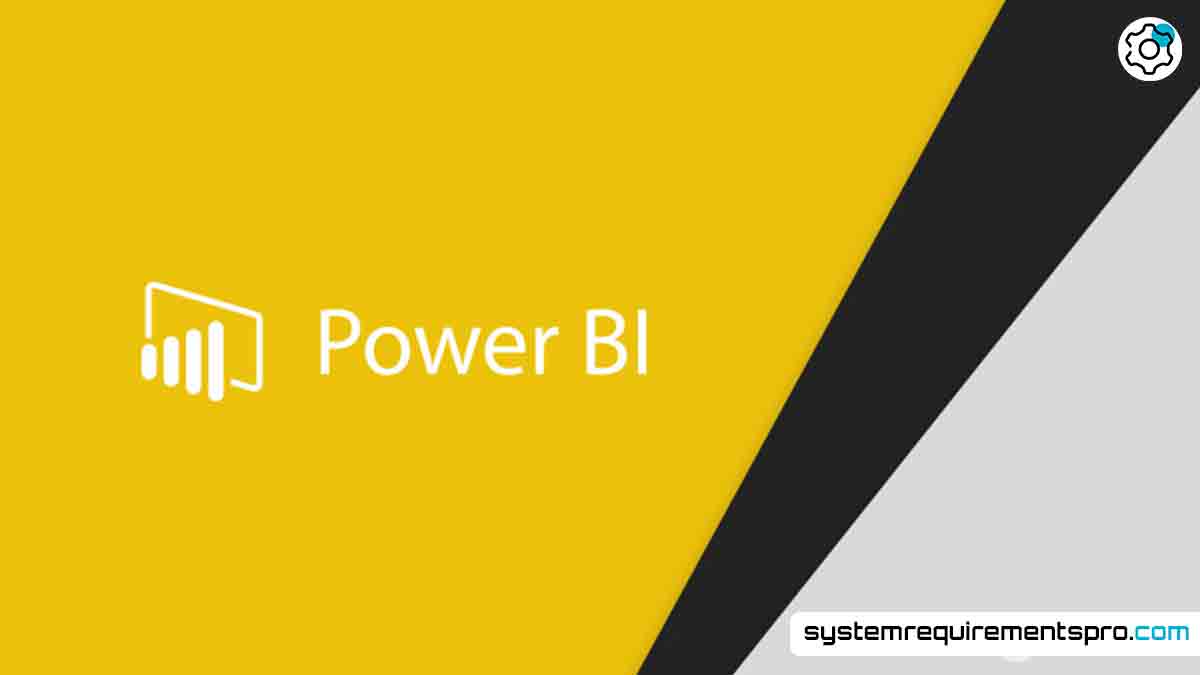Power BI has evolved into a pillar for companies trying to turn unprocessable data into insightful analysis in the data-driven environment of today. Even the most potent analytics tool, though, is only as good as the system running it. Whether you are building sophisticated dashboards or distributing reports across teams, flawless performance depends on an awareness of Power BI System Requirements. From minimum requirements to optimization techniques, this article breaks out the basics to help you fully use Power BI without technical problems.
Power BI Minimum System Requirements
Your system needs to satisfy Power BI’s basic requirements before delving into advanced analytics. Although they might slow down performance during resource-intensive tasks, these requirements guarantee basic functionality:
Minimum Requirements
Operating System:
- Windows 10 or 11 (64-bit)
- Windows Server 2019 or later
Processor (CPU):
- 1.8 GHz dual-core processor or faster
Memory (RAM):
- At least 2 GB (4 GB recommended for smoother multitasking)
Storage:
- 2 GB of available disk space
Display:
- Minimum screen resolution of 1440 x 900 pixels
Other:
- .NET Framework 4.8 or later
- Internet Explorer 11 or Microsoft Edge
Although these settings let Power BI run, users may run into lag when handling big datasets or multiple visuals.
Power BI Recommended System Requirements
The recommended specifications provide a quicker, more dependable experience for businesses or power users managing intricate data models:
Recommended Requirements
Operating System:
- 64-bit versions of Windows 10/11 or Windows Server 2022
Processor (CPU):
- 2.4 GHz quad-core processor (Intel i5/i7 or AMD Ryzen 5/7 equivalents)
Memory (RAM):
- 8 GB or higher (16 GB for enterprise-level workflows)
Storage:
- Solid-state drive (SSD) with 5+ GB of free space
Display:
- 1920 x 1080 resolution or higher for crisp visuals
Graphics:
- Dedicated GPU (optional but beneficial for 3D visuals or high-density reports)
Other:
- Latest .NET Framework updates
- High-speed internet for cloud collaboration
Smoother report rendering, quicker data processing, and effective multitasking are all made possible by meeting these requirements.
Power BI System Requirements PC: Minimum vs. Recommended
Your use case will determine whether you choose minimum or recommended specs. While teams using real-time data or complex models will gain from higher-tier configurations, casual users examining small datasets may find the baseline sufficient.
Here’s a quick comparison:
| Category | Minimum Requirements | Recommended Requirements |
|---|---|---|
| OS Requirements | Windows 10/11 (64-bit) | Windows 10/11/Server 2022 (64-bit) |
| CPU Requirements | 1.8 GHz dual-core | 2.4 GHz quad-core |
| RAM Requirements | 2 GB (4 GB advised) | 8 GB+ (16 GB for enterprise) |
| Storage Requirements | 2 GB HDD | 5 GB SSD |
| Display Requirements | 1440×900 | 1920×1080 or higher |
By purchasing recommended hardware, you can future-proof your setup and cut down on bottlenecks as data usage increases.
Optimization Tips for Power BI Software
Even with great hardware, you can still tune Power BI:
- Close Background Apps: Free up RAM by shutting down unused apps.
- Optimize Data Models: Remove redundant columns, use query folding, and don’t import unnecessary data.
- Use Aggregations: Pre-aggregate big datasets to reduce processing load.
- Keep Software Up to Date: Install the latest Power BI Desktop updates for bug fixes and performance improvements.
- Monitor Resource Usage: Use Task Manager to find memory or CPU-heavy processes.
- Use 64-bit Systems: They can handle bigger datasets than 32-bit versions.
Small changes like these will make a big difference, especially on systems that are close to the minimum requirements.
Conclusion
Navigating Power BI System Requirements is about matching your infrastructure with your analytical goals, not only about filling boxes. The recommended configurations enable teams to work more quickly and strategically, while the minimum specifications offer a starting point. Optimizing hardware and software settings guarantees Power BI runs at maximum efficiency, so transform data into insights free from interruption.
Frequently Asked Questions
Can I run Power BI on a Mac?
Power BI Desktop is only available on Windows. Mac users can use a virtual machine or the web version.
Will Power BI work on low-end PCs?
Yes, but performance will suffer with large datasets. Stick to smaller reports and close other apps to free up resources.
Are there differences in requirements for Power BI Pro vs. Premium?
Pro and Premium have the same system requirements. Differences are in cloud features and data capacity, not local hardware.
Does Power BI require a dedicated GPU?
A GPU isn’t required, but it helps with complex visuals or 3D elements.
How often should I upgrade my hardware for Power BI?
Re-evaluate your setup every year or when you notice lag during regular tasks.
We hope that you have found the answer to the system requirements for Power BI. Follow System Requirements Pro for more such updates, and bookmark this page to get the latest updates on the system requirements for Power BI.

